Making the point. Carbon neutral or carbon zero? Towards COP26: transforming climate policies and societies
Here you can find the videos and presentations of the II Conference on Climate Justice held on 27th October from the Jean Monnet Centre of Excellence on Climate Justice and the international research group “Climate Change, Territories, Diversities”.
The conference started with an overview, provided from Meike Becker, of the global carbon budget, with a focus on present emissions and possible future scenarios. Then, Harjeet Singh presented mitigation campaigns for social and energy transition, specifically the international campaign for the adoption of the Fossil Fuel Non-Proliferation Treaty and Luca Saltalamacchia the Italian national legal campaign “Giudizio Universale”. Chase Iron-Eyes reported the battle of the Lakota indigenous people, whose territory is strongly threatened by the fossil fuel industry. Then, Francesco Facchinelli told us about interactions between research and environmental battles with the campaign which led to the ban of gas flaring activities in Ecuador. Finally, Daniele Codato of the Climate Justice – Centre of Excellence Jean Monnet shared the ongoing projects to map good practices of environmental justice.
Speakers
Oil development in indigenous territory: resistance and alternatives from Lakota
Chase Iron Eyes
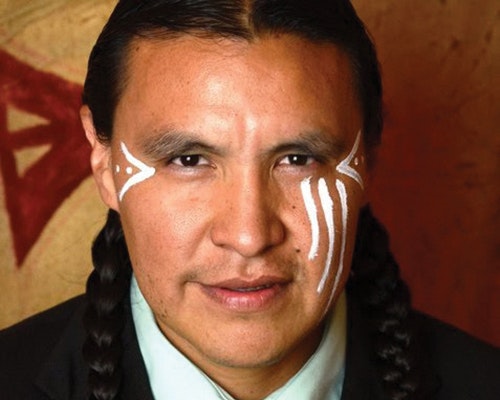

Chase’s distinguished career fighting for the civil rights of Native Americans includes serving as lead local counsel in the Dakotas for the Lakota People’s Law Project, co-founding the Native news website LastRealIndians.com, and work in the Native Lives Matter movement. In 2016, he was the Democratic congressional nominee for North Dakota. From the beginning of the movement, Chase was involved on the front lines of the fight against the Dakota Access pipeline, hosting tribal leadership, providing legal services, and joining the water protectors in their prayerful and peaceful protest.
“Climate change for us is an awareness; it is the human species taking responsibility for what it has done, in terms of the lifestyle it has propagated around the world. It means that we have to become fully aware of what we call a modern cultural mythology, in which we see as supreme guardians or truths the efficacy of scientific rationalism, enlightenment, technological supremacy.”
– Chase Iron Eyes, Co-Director of Lakota People’s Law Project
Anthropogenic CO2 emissions and climate change: the state of art and future scenarios
Meike Becker


Researcher at the Geophysical Institute of the University of Bergen, her fields of competence are: Biogeochemistry, Natural Climate Varibiality, Ocean Acidification and Ocean-Atmosphere Interactions.
She has published many scientific papers, among which the most relevant is the contribution to the Global Carbon Budget in 2019.
Leave it underground: the Fossil Fuel Non-Proliferation Treaty
Harjeet Singh
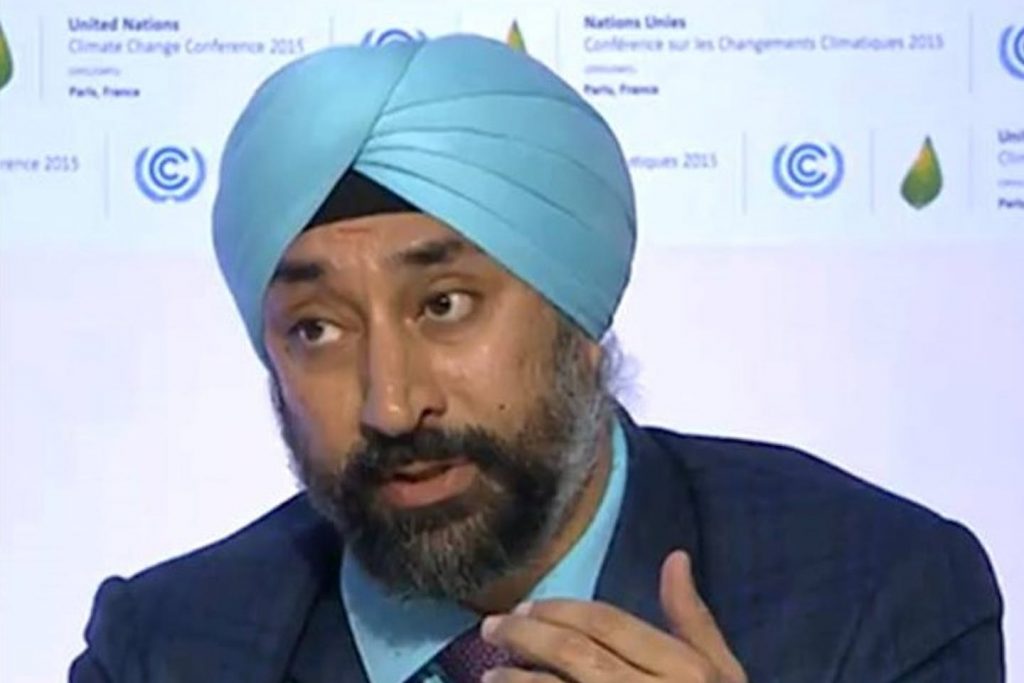

Strategic Advisor on Global Partnerships of the Fossil Fuel Non-Proliferation Treaty Initiative. Harjeet is a global expert on the issues of climate impacts, migration and adaptation and has been supporting countries across the world on tackling climate change. He is also Senior Advisor – Climate Impacts at Climate Action Network – International (CAN-I).
Geonode Platform to map organizations and best practices about Climate Justice and Change
Daniele Codato
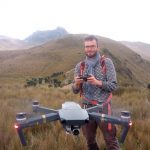

CJ Research grant and Member of Scientific Committee. Human geographer, specialized in spatial and multitemporal analyses in complex territories, and climate-related issues. He works on a global atlas on unburnable carbon comparing EU and global spatial policies on fossil fuels.
Extreme Citizen Science for Unleakable and Unburnable Carbon in Amazon
Francesco Facchinelli
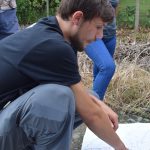

CJ Research grant. Natural scientist and Geographer, collaborates with the research team “Climatic changes, territories, diversities” of the University of Padova. His research focuses on the study of the impacts of oil production in the Ecuadorian Amazon, combining satellite data and work in the field.
System change, not climate change: uproot the system: how do we do it?
John Sinha
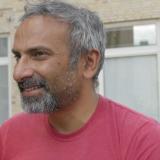

He was a member of the officers’ group in 2004-2005 when the group was first set up. Amongst his main activities, he was involved in organising the first international climate demonstrations timed for the COP in 2005 with responsibility for maintaining the global website and setting up Climate Justice Action in 2008. Also, he was part of the organising group that put on the first UK Climate Camp at Drax in 2006 and played an organising role during the COP15 in Copenhagen in 2009. More recently, he has been involved in Code Rood, By 2020 We Rise Up initiative, Time To Cycle and Endegelande as part of its international mobilisation and is a contributor to the One Million Climate Jobs pamphlet.
Legal actions for climate and social justice in Italy: Giudizio Universale
Luca Saltalamacchia
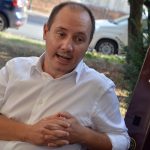

Luca Saltalamacchia has been a member of the Italian Bar for nearly 20 years. He has always been involved with pacifist and environmental associations, such as Friends of Earth. He has also followed several cases of human rights violations perpetrated by Italian multinationals against local populations as a result of projects with a strong environmental impact, such as the construction of dams and hydroelectric plants in Latin America by ENEL or the impacts related to the extraction of fossil fuels in the Niger Delta by ENI. Since 2018, he has been working on climate change issues and launched the “Giudizio Universale” campaign.
“100 fossil fuel companies are responsible for more than 70% on greenhouse emissions. If we want to combat the climate emergency, we can no longer allow fossil fuel companies to emit whatever they want with impunity.”
– Luca Saltalamacchia



